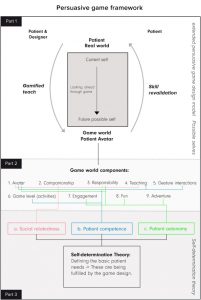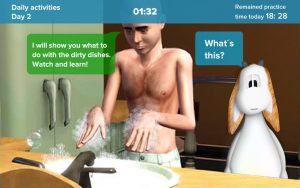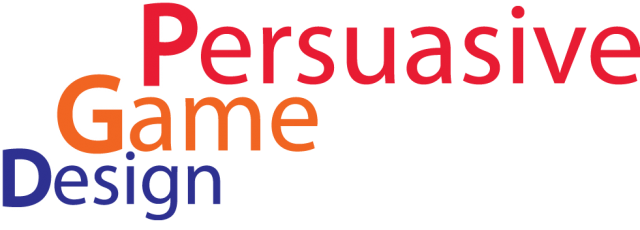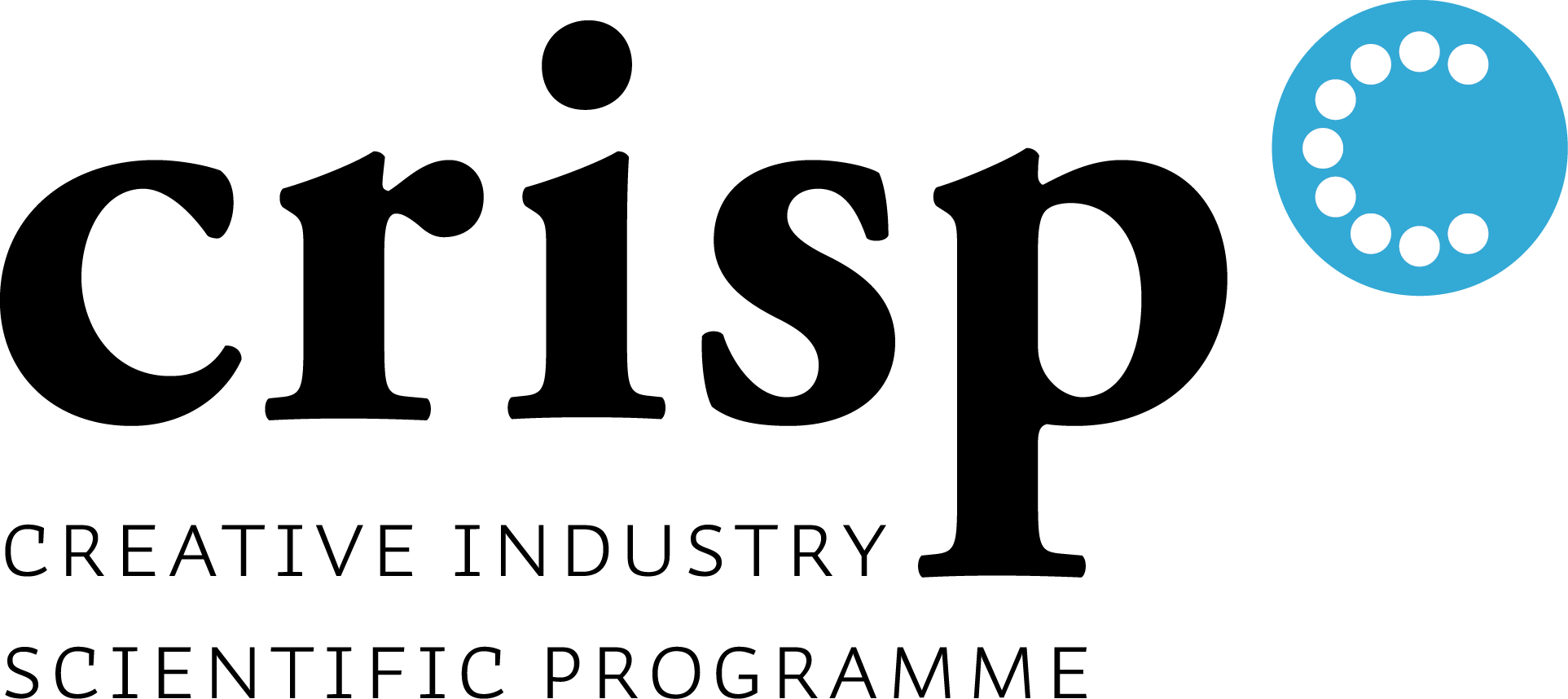Meaningful interactions for rehabilitation therapy
Directions for enhancing engagement and patient motivation with rehabilitation practices through Leap motion
Motor rehabilitation therapy requires patients to be highly motivated in order to exercise regularly. However, rehabilitation practices are not designed to be motivating and are of repetitive nature. This is why patients are not motivated to exercise frequently and fail to engage with therapy. As a result of that they cannot regain their hand abilities and need to prolong their treatment. Serious games try to counteract upon. However, in the context of healthcare they always fulfil a medical purpose and are more of an obligation to the patient. For this reason these applications cannot be considered a game, since playing is intrinsically motivated and cannot be compelled. Therefore changing the patient mindset by increasing intrinsic motivation towards rehabilitation effective tasks (i.e. games) is the prerequisite to facilitate practice behaviors and increase therapy adherence. This can be achieved through meaningful interactions by altering the nature of rehabilitation exercises from a repetitive physical effort to a playful and motivating challenge. Introducing the concept of possible selves to rehabilitation therapy, the patient mindset can be altered and practice behavior endorsed on an intrinsic level by giving the patient an outlook on possible future benefits and consequences of his behavior. By bringing the patient´s mindset in the right state any subsequent behavior or application will be performed out of intrinsic interest to recover.
Maciej T. Szaniawski
maciej.szan@gmail.com
Goossens, R.M.H. , Boess, S.U., Kraan, G.
master thesis, August 2014


